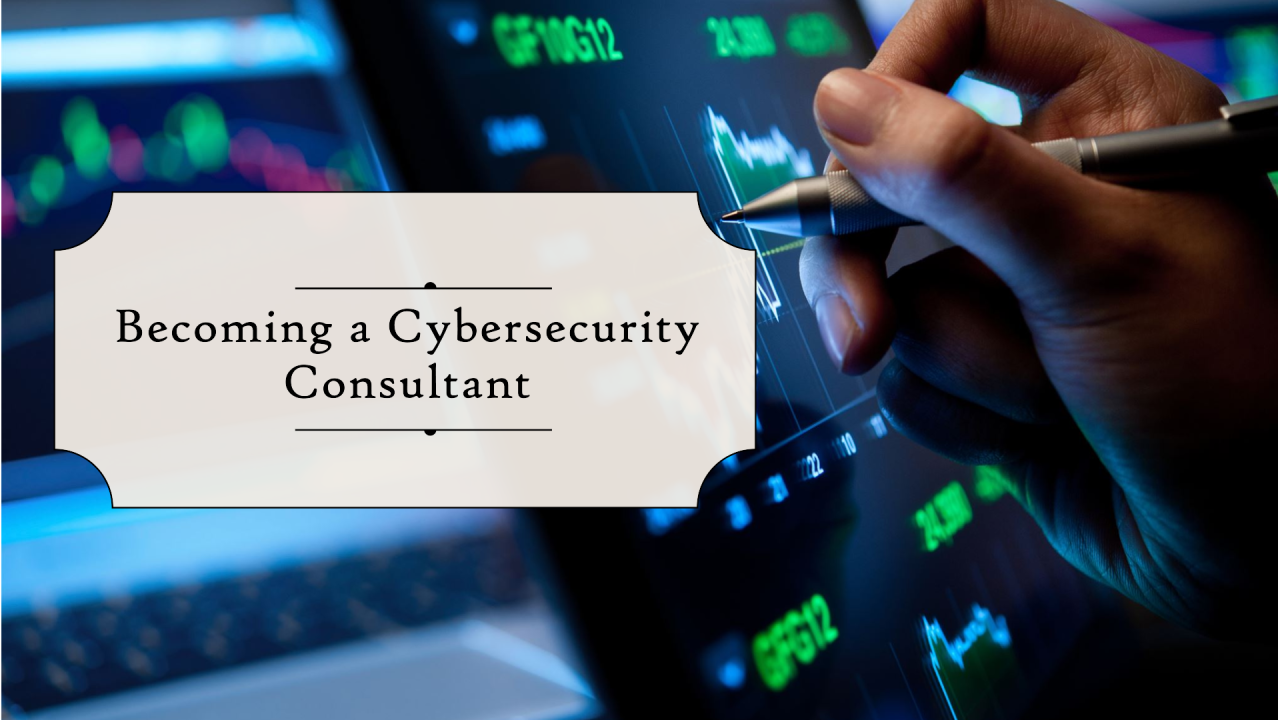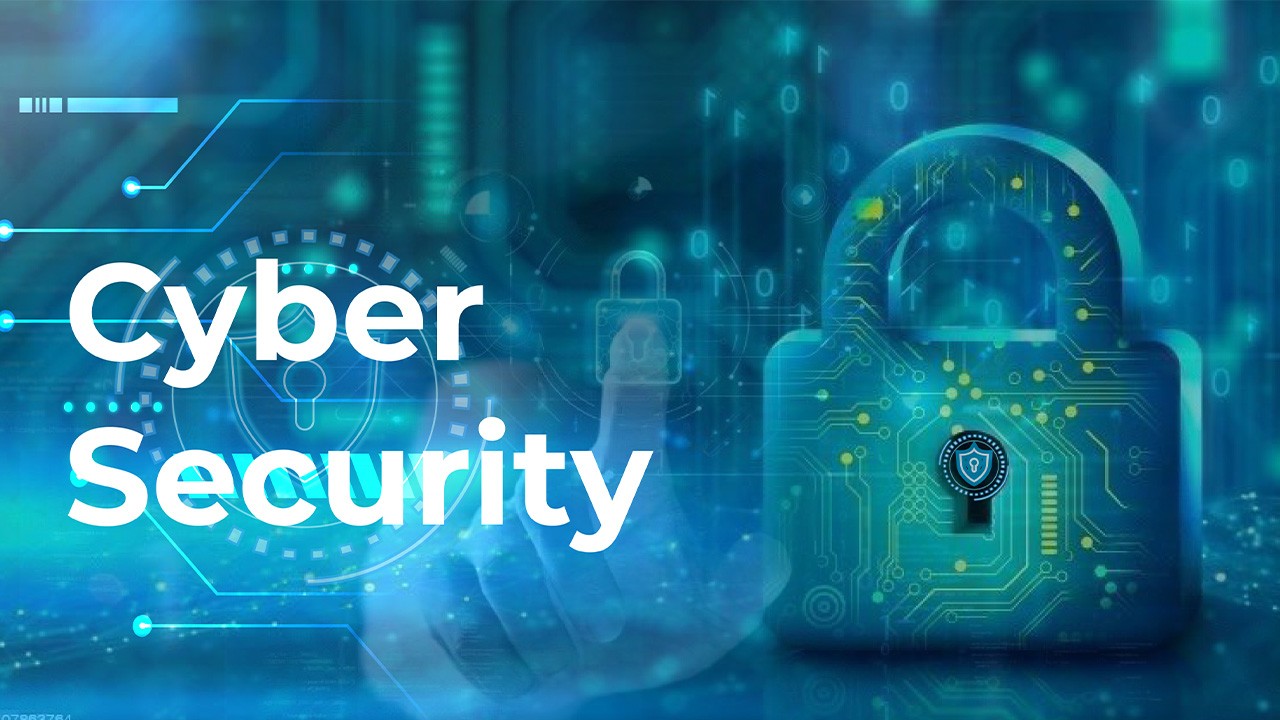Cybersecurity Consultant Protect Your Website
As a cybersecurity consultant, I’ve seen firsthand how devastating a cyberattack can be for businesses and individuals. Websites, being the face of many organizations today, are prime targets for hackers. Protecting your website data isn’t just about compliance or avoiding losses—it’s about preserving trust and ensuring business continuity.
Here’s a practical guide that I personally recommend to keep your website secure from potential cyber threats.
1. Strong Passwords Are Non-Negotiable advice from cybersecurity consultant
Weak or reused passwords are one of the most common ways hackers gain access. I always advise:
Creating complex passwords with a mix of upper and lowercase letters, numbers, and symbols.
Enabling multi-factor authentication (MFA) wherever possible for an added layer of security.
Changing passwords regularly, especially for admin accounts.
2. Secure Your Website with HTTPS
An HTTPS protocol ensures the data exchanged between your website and its visitors remains encrypted. Installing an SSL certificate is crucial—it not only protects sensitive information but also improves SEO rankings. Whenever I consult on website security, HTTPS is one of my top priorities.
3. Keep Everything Updated
Cybercriminals often exploit outdated software to access websites. I recommend:
Regularly updating your content management system (CMS), plugins, and themes.
Automating updates where possible to ensure nothing is overlooked.
Staying up-to-date is one of the simplest yet most effective defenses against cyberattacks.
4. Use a Web Application Firewall (WAF)
A Web Application Firewall acts as a shield between your website and malicious traffic. Whether it’s SQL injections or DDoS attacks, a good WAF can prevent most common threats. I make it a point to include WAF deployment in every website security plan I create.
5. Backup, Backup, Backup!
No matter how secure your website is, you should always prepare for the worst. I recommend scheduling automated backups and storing them in multiple secure locations. Regular backups ensure that even if an attack occurs, you can restore your website quickly and efficiently.
6. Monitor Website Activity
Monitoring your website in real time helps identify unusual behavior early. I suggest using tools that can alert you to:
Unusual login attempts
File changes
Traffic spikes
Security audits are also vital. I conduct regular audits for my clients to ensure no vulnerabilities are overlooked.
7. Educate Your Team
Even the most advanced security systems can’t protect against human error. That’s why I stress the importance of cybersecurity awareness within teams.
Train your staff to:
Spot phishing attempts,
Avoid clicking suspicious links,
And follow security protocols.
A well-informed team is one of your strongest defenses.
8. Leverage Professional Expertise
While these cybersecurity consultant tips can significantly enhance your website’s security, consulting with an expert can take it to the next level. As someone deeply immersed in cybersecurity, I can provide tailored solutions for your specific needs—whether it’s vulnerability assessments, incident response, or ongoing monitoring.
Final Thoughts
Protecting your website data isn’t a one-time task; it’s an ongoing commitment. With evolving cyber threats, staying proactive is the only way to stay safe. By implementing these strategies, you can ensure your website remains secure and reliable.
If you need expert guidance, I’m here to help as cyber security expert India. Let’s work together to fortify your digital presence and keep your website safe from potential threats. You can follow me on my Social Media like Instagram or Facebook and many more.







